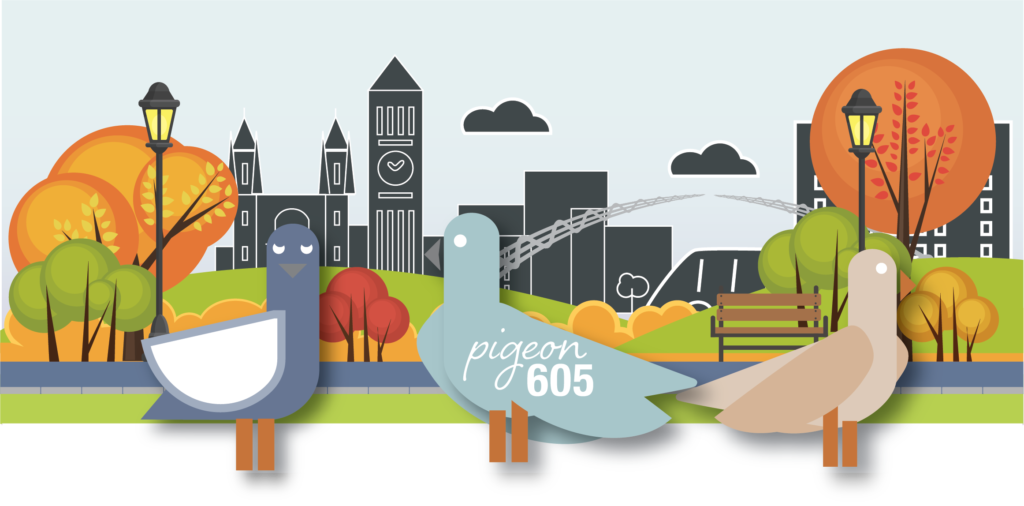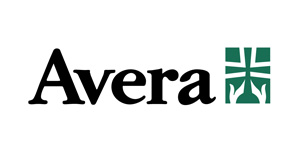Dread raking leaves? Good news: You don’t have to
Your yard wants you to kick back and relax this fall.
So does your soil, a bunch of critters and some insects.
It’s true. The days of spending every fall weekend raking leaves and hauling paper bags of them away are dwindling. It’s better for your yard – and probably your back – to just leave them there, experts say.
“Research from Michigan State has demonstrated that mowing over leaves with a mulching mower setting can add nutrients back into the soil, add in moisture retention for the lawn and help reduce weeds,” said Kristine Lang, with SDSU Extension.
It’s better for the environment too – you won’t need to expend fossil fuels driving your bagged leaves to the dump. And it saves you time.

Now you might struggle to get behind this idea. If you really want to rake them, go ahead but then pile them around your perennials, such as roses or garden bulbs, to aid in overwintering, Lang said. “Leaves can also be a great carbon source for at-home composting.”
The same is true for the rest of your yard. After the first hard freeze of the fall, when plants like daylilies and hostas get mushy, you can just leave them to decompose where they are, Lang said.
“Many grasses and plants such as salvias, monardas and coneflowers may have dried stems and seed heads that add winter interest, provide winter habitat for insects and help catch snowfall to insulate perennial plants in the garden,” she said. “It can be an insect-friendly practice to wait until spring to clean up perennial gardens.”
You also can throw your leaves on your vegetable garden, according to the Extension site.
“Thicker leaves take longer to break down and help loosen heavy soil,” the site says. “Whole leaves can be layered on the soil and pulled back next spring to let the soil warm and dry. These half-decomposed leaves can then be used as mulch when the garden is replanted. Leaves can also be chopped with the mower and spread out. Chopped leaves will decompose faster and may not need to be raked off in the spring.”
You also can leave things like kale and spinach right there in the garden, and they’ll overwinter – this might be bad news for your family if they are really sick of kale, which seems impossible to kill.
In general, though, you’ll want to pull out your annuals.
“Clearing annual plants removes plant debris that could be host to disease or insects and ensures gardeners are ready to begin planting early season vegetable crops,” Lang said.
And definitely be careful if you had any issues in your garden, she said.
“If gardeners have had issues with powdery mildew or other foliar diseases, plants should be cut to the ground in the fall to remove as much diseased tissues as possible,” Lang said. And don’t compost them – your home compost might not get hot enough to kill the pathogens, meaning the same problems will return next year.
Lang encourages people to explore the Extension site for information and to attend Garden Hour on Dec. 6 to ask questions. “The series will provide answers for garden-harvest questions and help gardeners prepare for even greater success in 2023,” the site says.
We didn’t ask the experts, but we think raking leaves for kids to jump in them is still OK. And you don’t have to scold them when they make a big mess all over the yard.
Share This Story
Most Recent
Videos
Want to stay connected to where you live with more stories like this?
Adopt a free virtual “pigeon” to deliver news that will matter to you.





























